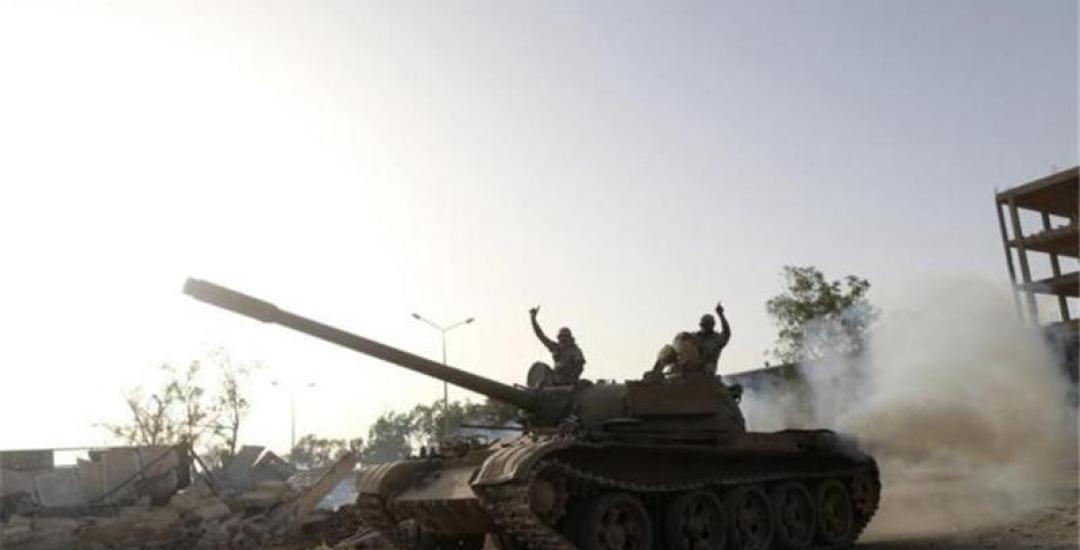
On 14 August 2015, Alkarama referred the case of the Al Souid family, executed by General Khalifa Haftar's forces in the city of Benghazi on 15 October 2014, to the United Nations Special Rapporteur on Extrajudicial, Summary or Arbitrary Executions (SR SUMX) and the Office of the Prosecutor of the International Criminal Court (ICC).
On 15 October 2014, just a few months after they were repelled from the city of Benghazi, Haftar's forces entered the city of Benghazi again and serious fighting broke out in Benghazi. On the eve of the attack, General Haftar had vowed to "liberate" the city from what he qualified of "terrorists". According to witnesses on the ground, gunfire and explosions were heard in from the early morning, as tanks and fighter jets targeted rival forces.
Among the numerous civilian casualties, four members of the Al Souid family were killed. In fact, during the night of 15 October 2014, the Al Souid family was woken up by loud knocks on the door and continuous ringing. Rocket-Propelled Grenades (RPGs) were first fired at the main entrance of the house, which was surrounded by military vehicles. The military forces were looking for the male family members, especially two brothers, Mustapha and Khaled Al Souid, known for being active revolutionaries in Benghazi, and kept blindly firing RPGs at the house.
Their father, Abdelsalam Al Souid, was staying with his eldest son Ibrahim in another house that night. When Mona, Abdelsalam's daughter, called him to get help, she discovered that he and Ibrahim had already been abducted by Haftar's forces. She was then told on the phone by the abductors that if Mustapha and Khaled didn't surrender her father and brother would be tortured to death.
As they were trying to protect the women and children and to prevent the assailants from entering the room they were in, the two brothers were shot dead. After a while, Mona received another phone call from the abductors threatening her again; she informed him that her two brothers had been killed. A few hours later, Abdelsalam and Ibrahim Al Souid were also killed, and their mutilated bodies thrown in Bouhdima, Benghazi. Their bodies were riddled with bullets, notably in the heart, and parts of their skin were cut. Covered with bruises, they had severe injuries on their head and body.
Today, the Al Souid family must learn to live with the tragedy and their incomprehension of this massacre: "To this day, I would like to know the reason behind the massacre of an entire family; to this day, I would like someone to give me a reason for torturing a 74-year-old man; to this day, I would like to know the reason for making 10 children orphans and making five women widows," says Mona with tears in her eyes.
Alkarama recalls that this is not an isolated case. Many human lives were lost in the region of Benghazi, following the army attack. Documenting all violations remains quite difficult due to the climate of terror that reigns. This justifies taking investigative measures on these abuses in accordance with the UN Security Council Resolution 2174 of 27 August 2014. Mona is also willing to share her testimony via Alkarama.
Finally, Alkarama called upon the United Nations Special Rapporteur on Extrajudicial, Summary or Arbitrary Executions (SR SUMX) to urge the Libyan authorities to open prompt, transparent and independent investigations into these cases and to prosecute and punish all those responsible for the acts of torture and summary executions of the abovementioned victims.
For more information or an interview, please contact the media team at media@alkarama.org (Dir: +41 22 734 1008).
